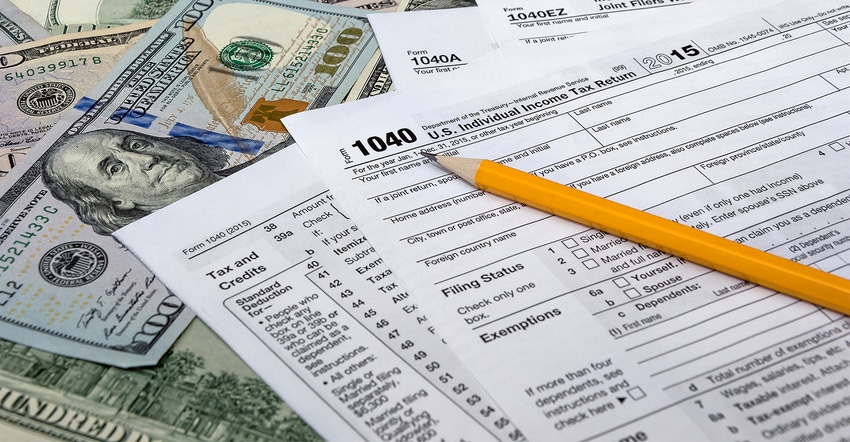September 7, 2017

“Dear IRS, I am writing to you to cancel my subscription. Please remove my name from your mailing list.” — Snoopy
I get it. It is funny, especially when tax season comes around. There are times when I identify with the Peanuts cartoon character.
I do not like to pay taxes. This is not even on my top 100 favorite things to do — when I am motivated — much less at any other time. This is no longer a joke when my tax program saves and prints out a 111-page document for my files.
But it is a necessary task all hardworking, patriotic citizens must do to support vital services provided by local, state and federal governments.
Vital services like fire protection, EMS, rescue personnel and police protection require not only our moral support, but also the funds needed to maintain them. Roads, bridges, water, sewer and electrical services require funding as well. Additionally, one must include such things as defense and agriculture, not to mention important food-aid programs, nutrition and research.
In rural areas, local hospitals and related social services cannot operate without some form of public funding, either from local, state or federal sources or a combination of the three.
Debate about taxes and tax reform will likely resume in earnest this fall. As usual, there are differences of opinion as to whether our taxes are excessive or not.
Spending will undoubtedly be part and parcel of this grand debate. The challenge will inevitably focus on which services will be cut, which services will be protected and which will be eliminated entirely. There also are proponents that will want to increase services, like defense, at the expense of vital human services.
Not to mention, we have yet to settle the debate over national health care policy, and that may have an even greater impact on the economy than any budgetary change Congress can agree on in the near future.
Finally, here are a few points to ponder as we begin the discussion on taxes and the federal budget. Based on CIA data with 2016 estimates, the United States tax revenues stand at 18.7% of GDP, or 22%, if Social Security taxes were included. (Source: cia.gov.)
Compare this to Britain’s 37.6%, Switzerland’s 32.6%, Sweden’s 48%, Norway’s 53.1%, the Netherland’s 44%, South Korea’s 21.1%, Israel’s 25.9%, Germany’s 43.6%, Denmark’s 51.2%, Canada’s 38.2% and Australia’s 33.5%. Singapore’s 15.8% and Taiwan’s 15.6% put them among the few developed countries that have lower tax revenues than the United States.
The biggest takeaway from this source points to the heart of the debate; Regardless of claims to the contrary, it is not about high taxes, per se, but who will pay for them. Will more taxes be shoved onto the backs of the working poor and middle class, or will they be distributed in another manner? Will farmers lose coveted loopholes like Section 179 deductions, or will they retain them? Stay tuned.
Penner is Marion County farmer and past president of the National Association of Wheat Growers. His email is [email protected].
About the Author(s)
You May Also Like




